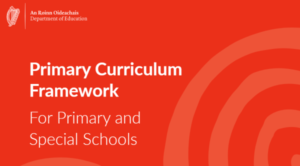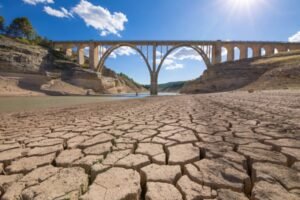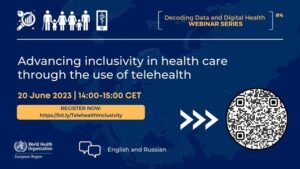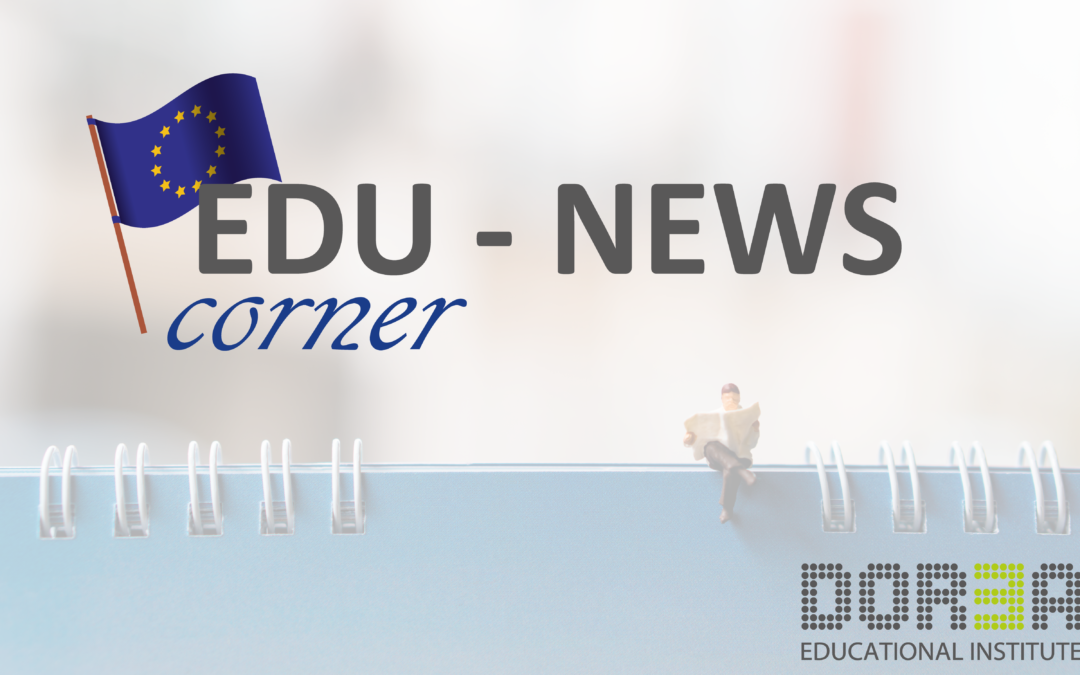Weekly Roundup

Source: EuropeanSchoolnet.org
Ireland launches a Primary Curriculum Framework
Ireland’s Ministry of Education launched its first framework for primary education, aiming to improve learning, teaching, and assessment in schools. The framework emphasizes curriculum integration, inclusive practices, inquiry-based learning, and playful pedagogy. It was developed collaboratively with input from research, consultations, and school communities.
The framework will guide the introduction of new curriculum areas and support flexibility in schools. Professional development opportunities will be provided to help teachers and school leaders understand and implement the framework effectively.
If you want to read more about it, click here.

Source: watereurope.eu
Europe is struggling with a precarious water situation ahead of another drought-riven summer
European policymakers are grappling with a worsening water crisis as the region faces a potential summer of drought exacerbated by the climate emergency. Record-breaking temperatures and a historic winter heatwave have depleted water resources, leading to low reservoir levels and protests over shortages.
Researchers warn that Europe’s water problem, which has been ongoing since 2018, could worsen with rising temperatures. Drought conditions, similar to last year’s severe drought, have already been observed. Countries like Spain have implemented measures to alleviate the impact on agriculture. While recent rainfall has provided some relief, concerns remain for northern and southern Europe. The situation serves as a wake-up call for policymakers to address water security through better water management and climate change adaptation measures. Read more about it here.

Source: https://euagenda.eu/
New event: Decoding Data and Digital Health
Save the date: Tuesday, June 20th, a highly anticipated 4th webinar on ‘Decoding Data and Digital Health’ will take place. This insightful session will delve into the topic of promoting inclusivity in healthcare by harnessing the power of telehealth. Join us for a dynamic discussion featuring experts in the field as we explore innovative approaches to ensure that healthcare services are accessible to all. Don’t miss this opportunity to expand your knowledge and contribute to the advancement of inclusive healthcare practices.
Explore the challenges, opportunities, and facilitators involved in advancing equity in healthcare through telemedicine. This webinar is part of the esteemed ‘Decoding Data and Digital Health’ series, focusing on crucial digital health topics for countries in the WHO European Region, such as health data governance and monitoring digital technologies for health. Don’t miss out on this impactful event and expand your knowledge!
Registration and more info can be found here.

Source: https://euagenda.eu/
EU- MERCOSUR collaboration
Brazil’s pivotal role in addressing climate change and preserving biodiversity is paramount, and the European Union stands firmly committed to providing its support. To reinforce this partnership, substantial investments totalling 2 billion will be directed towards renewable energy and energy efficiency initiatives in Brazil. This collaborative effort aims to accelerate cooperation between the EU and MERCOSUR, culminating in the successful conclusion of the EU-MERCOSUR agreement. Through this agreement, both regions can work together to achieve their shared goals of sustainable development, environmental protection, and economic prosperity. The EU recognizes Brazil’s leadership and looks forward to a fruitful collaboration that will contribute to a greener and more resilient future for all.
Learn more here.

Source: https://erasmusu.com
Austrian EPALE and Erasmus+ Conference: “Fact or Fiction? Critical Media Literacy in Adult Education”
This week Austrian national EPALE and Erasmus+ conference titled “Fact or Fiction? Critical media literacy in adult education” took place on 14th June 2023 in Vienna.
In today’s digital era, where fake news, filter bubbles, hate postings, and AI-driven opinion manipulation prevail, it becomes imperative to critically analyze these phenomena across various sectors, including adult education. Developing critical media literacy skills is crucial to navigating this landscape effectively. It prompts us to question: How does adult education respond to this societal challenge? What skills constitute critical media competency? How does adult education meet the demands of the ongoing digital transformation? How can critical media competency be cultivated within different domains of adult education? These thought-provoking questions will be addressed during the conference, fostering dialogue and exploring innovative approaches to tackle the challenges posed by the digital realm.
Learn more about the conference here.
Prepared by Olivér Berecz and Ceyda Hos

